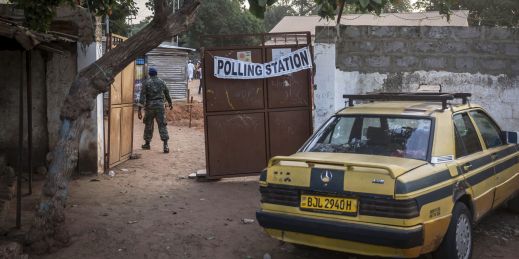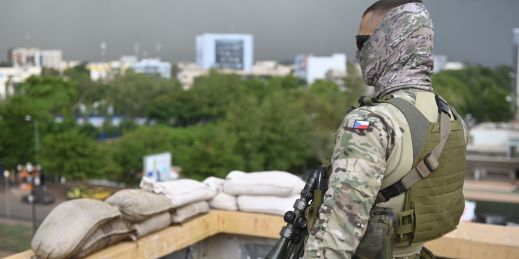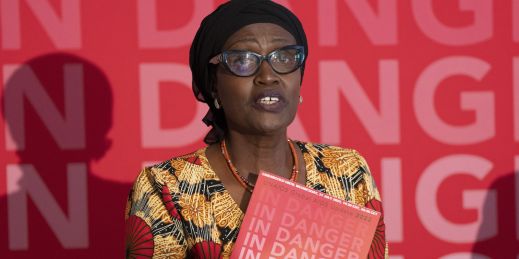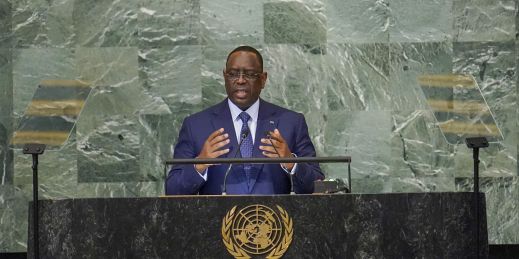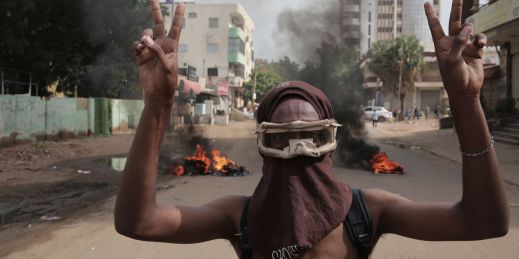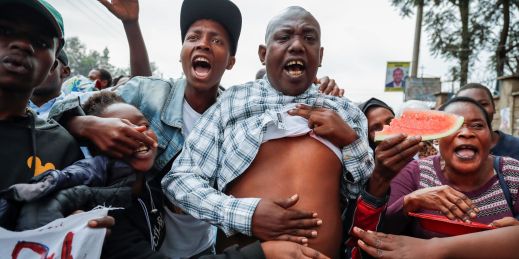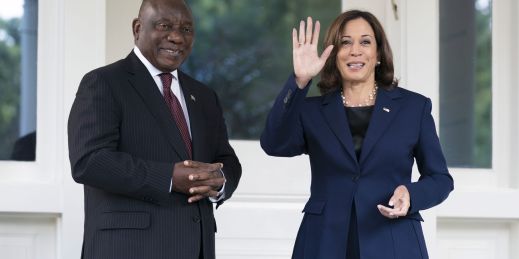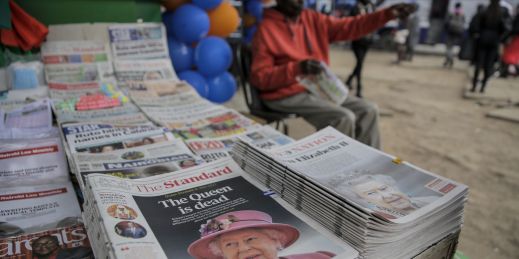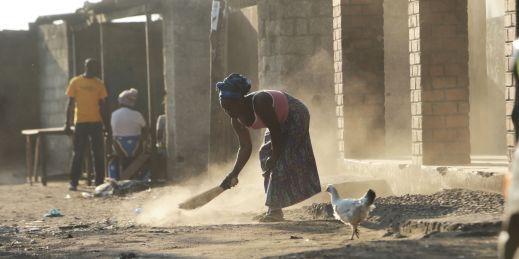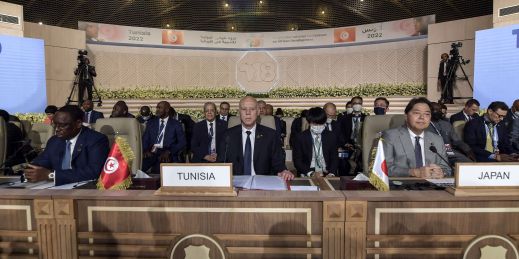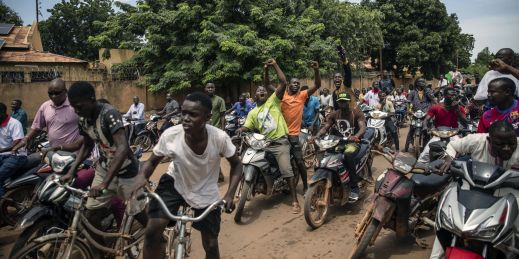
After an already dramatic week, West Africa’s governance crisis reached a fever pitch earlier today amid conflicting reports from Burkina Faso that raised fears of yet another military coup attempt in the region. It is now difficult to see a scenario that would bring an improvement in West Africa’s security and political landscape.

